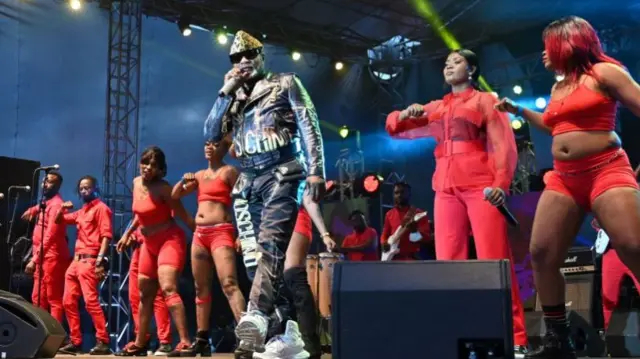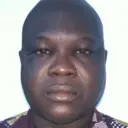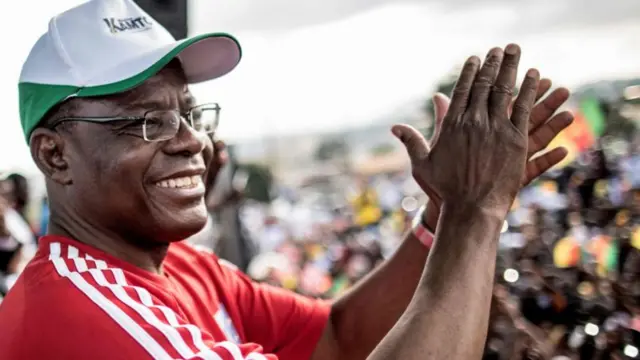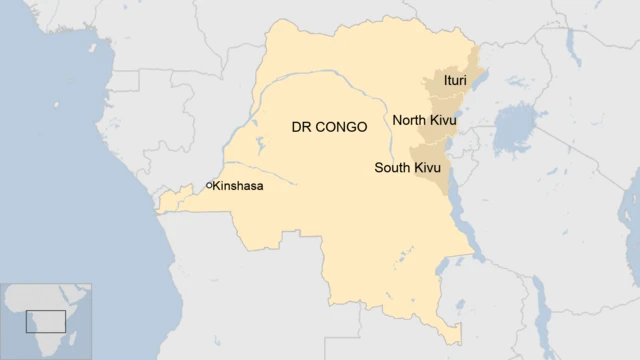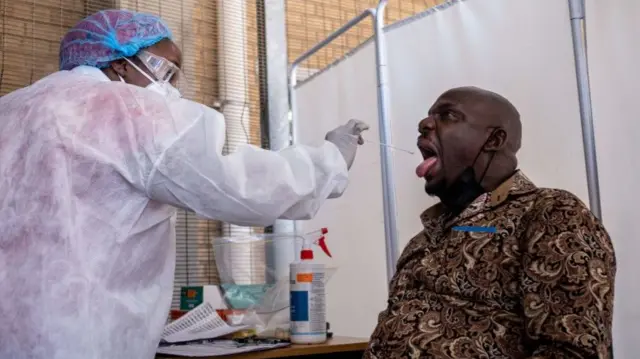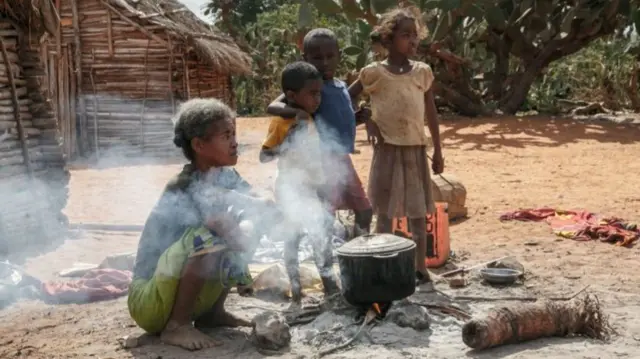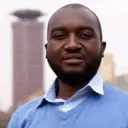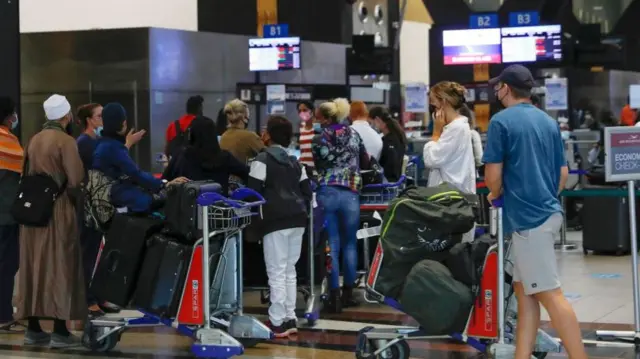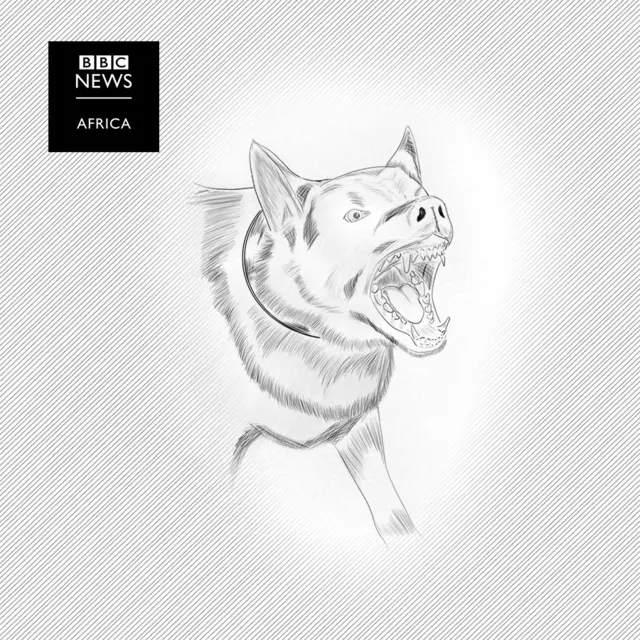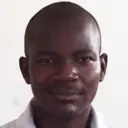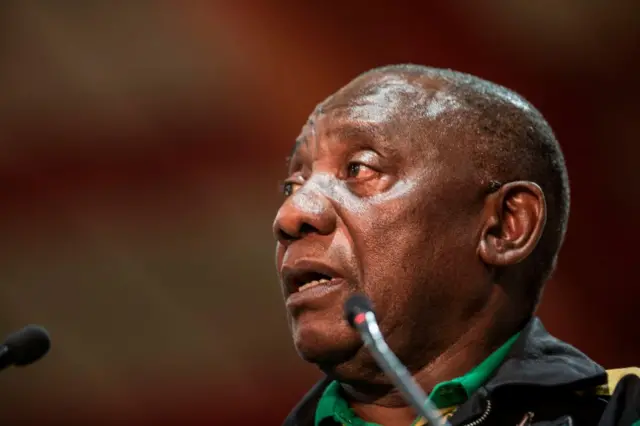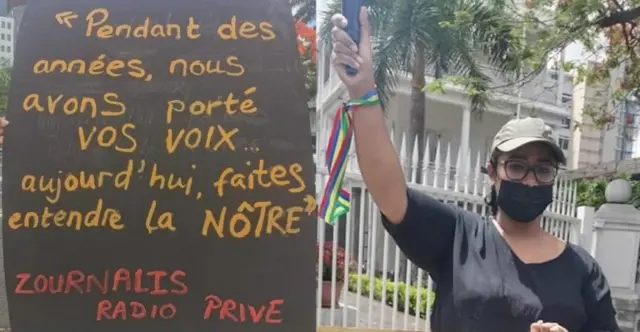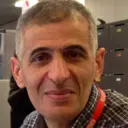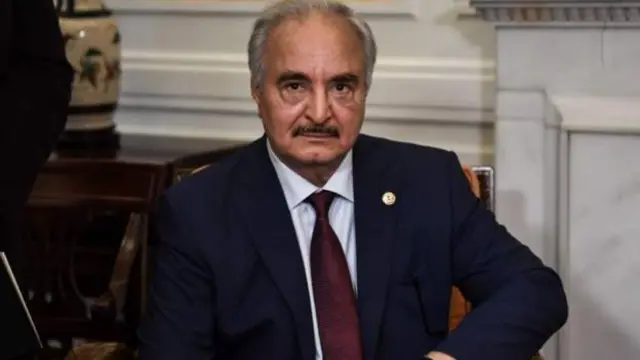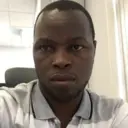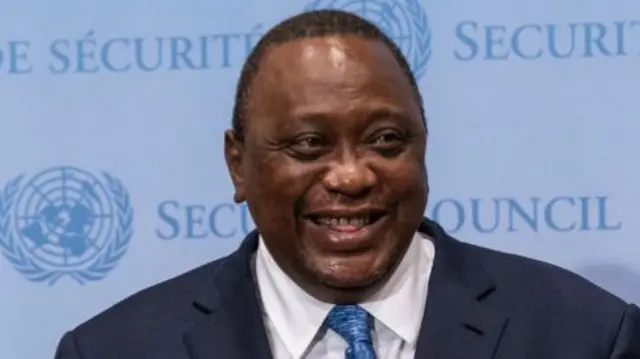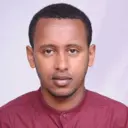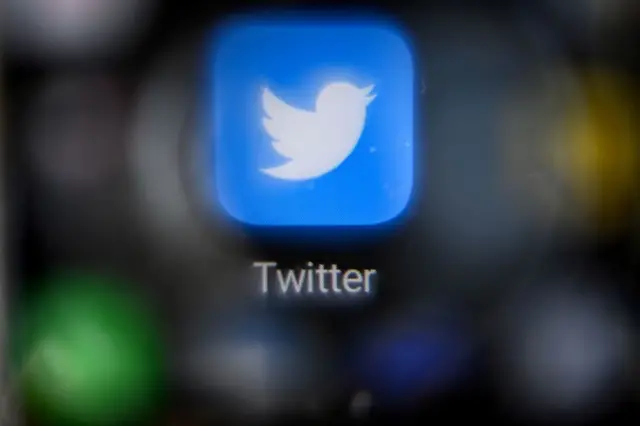Omicron variant now dominant in South Africapublished at 10:28 GMT 2 December 2021
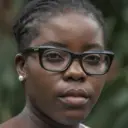 Nomsa Maseko
Nomsa Maseko
BBC Southern Africa correspondent
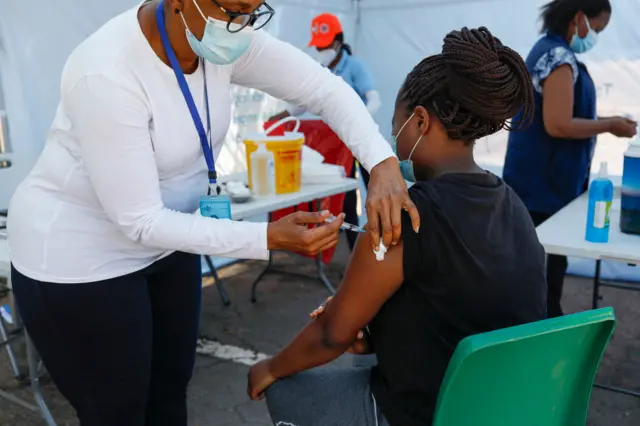 Image source, AFP
Image source, AFPThe Omicron variant has now become dominant in South Africa and is driving the increase in new infections.
The National Institute for Communicable Diseases has said more than 70% of all the virus genomes it has sequenced last month had been of the new variant.
South Africa recorded just over 8,500 new Covid-19 infections in the last 24 hours. There’s been a sustained increase in new Covid-19 infections in many parts of the country.
The increase has been reported in seven of the country’s nine provinces, according to the health department.
New infections are expected to increase in what is now the beginning of the fourth wave in South Africa.
The health department has said there has also been a slight increase in hospital admissions.
The National Institute for Communicable Diseases has said most of those hospitalised have not been vaccinated against coronavirus.
The WHO has said the new variant has been detected in at least 24 countries around the world.
Read more:

